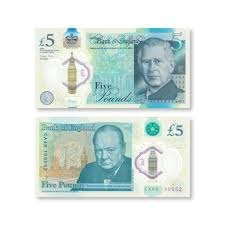
The Importance of King Charles
King Charles III ascended to the throne in September 2022 following the passing of his mother, Queen Elizabeth II. His reign marks a significant transition within the British monarchy, as it comes during a time of substantial social and political change in both the United Kingdom and the Commonwealth. Understanding the implications of his rule is crucial for insights into the future of the monarchy and its relevance in modern society.
Key Events and Developments
Since assuming the throne, King Charles has focused on several key issues, particularly climate change, conservation, and social equality. His long-standing advocacy for environmental protection has shaped his early initiatives, making sustainability a hallmark of his reign. In a recent address to the Commonwealth leaders, he underscored the need for immediate action to combat climate change, emphasizing collaboration among nations.
Furthermore, King Charles has also aimed to modernize the monarchy’s image, enhancing its connection with younger generations. His efforts were exemplified during the recent celebrations of the Commonwealth Day, where he encouraged the youth to engage more actively in civic duties and community service. The king’s commitment to social issues mirrors a broader trend in the monarchy’s approach to its role in contemporary society.
Challenges Facing the Monarchy
Despite the positive initiatives, King Charles’s reign has not been without challenges. The monarchy has faced scrutiny regarding its relevance in an ever-changing Britain, particularly amid discontent regarding its funding and public support. Recent polls indicate a polarization among public opinion, with some supporting the monarchy as a dynamic institution, while others question its place in the future.
Additionally, the king has had to navigate complex family dynamics, especially with ongoing conversations surrounding Prince Harry and Meghan Markle. Their departure from royal duties has led to discussions about the monarchy’s modern structure, with King Charles potentially enacting reforms to address these concerns.
Conclusion: The Future of the Monarchy
As King Charles III continues to establish his legacy, his reign will likely influence not just the monarchy but also the broader societal landscape in the UK and the Commonwealth. With a focus on sustainability, social justice, and modernization, he embodies a shift toward a more engaged and relevant royal family. The long-term success of these initiatives will depend on his ability to balance tradition with the expectations of a rapidly evolving society. King Charles’s journey as a monarch will undoubtedly serve as a critical lens through which we evaluate the future of the British monarchy.



